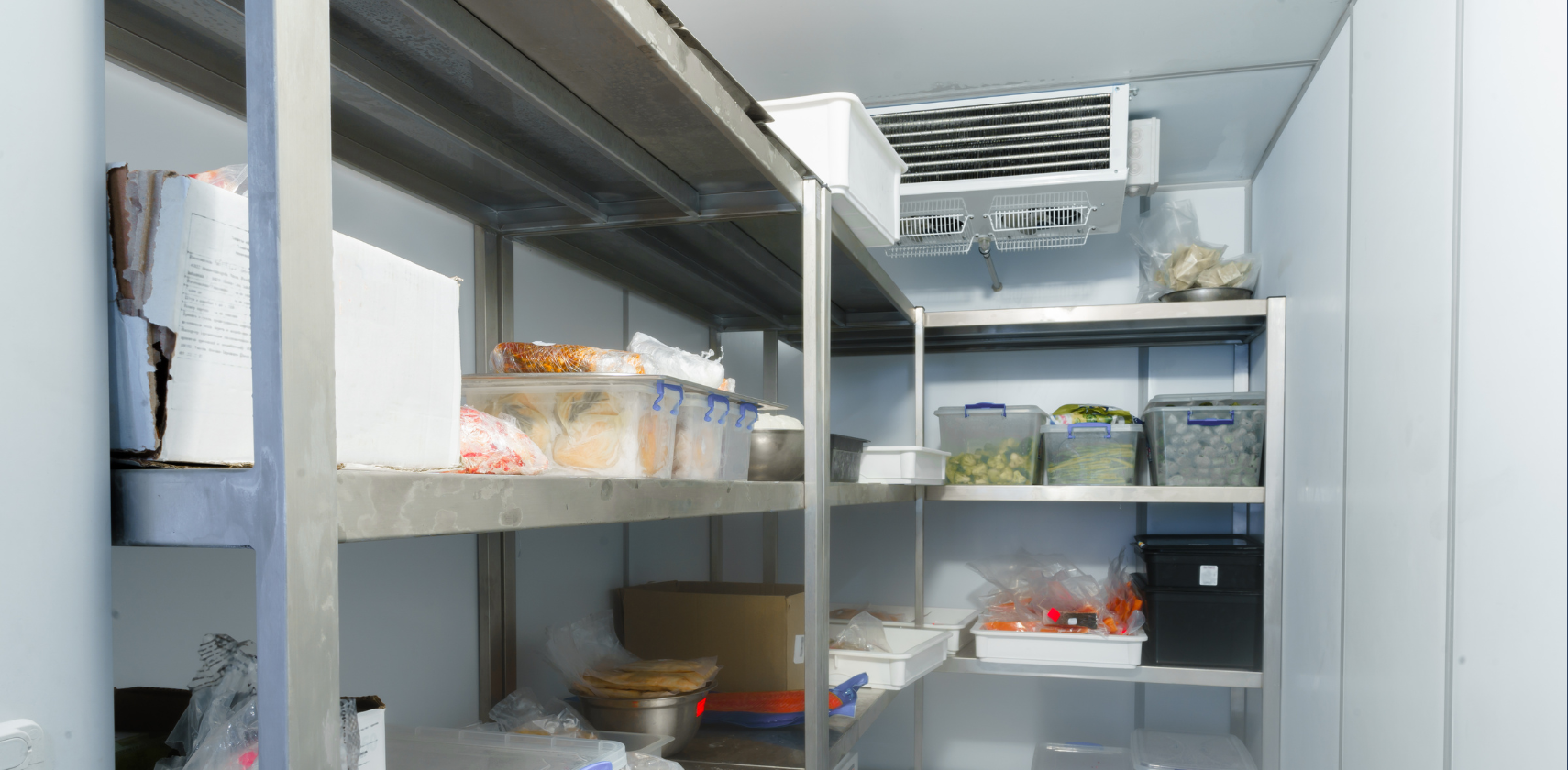Running a restaurant involves more than just serving delicious food; it requires ensuring all equipment operates seamlessly to maintain efficiency and customer satisfaction. Implementing a planned preventative maintenance (PPM) program is essential for minimizing unexpected breakdowns, extending equipment lifespan, and enhancing overall operations.
Why Planned Preventative Maintenance Matters
Minimizing Equipment Downtime
Imagine your oven failing during peak hours—a scenario that can disrupt service and harm your reputation. A structured PPM schedule helps identify and address potential issues early, keeping essential equipment like ovens, refrigerators, and dishwashers functioning reliably. Regular inspections and timely repairs prevent costly interruptions.

Ensuring Food Safety Compliance
Maintaining food safety standards is non-negotiable. Regular maintenance of refrigeration units, fryers, and ice machines prevents contamination and bacterial growth. PPM ensures that food storage temperatures remain within safe limits, protecting customers and ensuring compliance with health regulations.
Lowering Long-Term Operational Costs
Investing in PPM may seem like an added expense, but it leads to significant savings over time. Well-maintained equipment operates more efficiently, reducing energy consumption and utility bills. Additionally, routine servicing extends the lifespan of appliances, decreasing the need for expensive replacements.
Enhancing Customer Experience
Equipment failures can lead to service delays and menu limitations, negatively impacting the customer experience. PPM ensures smooth operations, allowing for prompt service and consistent food quality, which fosters customer satisfaction and loyalty.
Core Elements of a Planned Preventative Maintenance Program
Kitchen Equipment Upkeep
- Refrigerators and Freezers: Regularly inspect door seals, clean condenser coils, and monitor temperature settings to ensure optimal performance.
- Cooking Equipment: Schedule deep cleaning for ovens, grills, and fryers to prevent grease buildup and maintain efficiency.
- Dishwashers: Check spray arms, filters, and drainage systems to ensure hygienic and effective operation.
HVAC and Ventilation Systems
Proper ventilation maintains a comfortable dining environment and ensures air quality. Regularly clean air filters, ducts, and exhaust hoods to prevent grease fires and reduce energy consumption.
Electrical and Plumbing Systems
Conduct routine inspections of wiring, circuit breakers, and power outlets. Ensure plumbing fixtures are free from leaks and clogs to prevent service disruptions.
Safety and Fire Prevention Tools
Regularly test smoke detectors, fire extinguishers, and emergency lighting. Schedule inspections for fire suppression systems to comply with safety regulations.

Building an Effective Maintenance Plan
Create a Maintenance Schedule
- Identify Critical Equipment: Determine which equipment is essential to operations and prioritize their maintenance.
- Set Inspection Intervals: Schedule inspections based on manufacturer recommendations and usage patterns.
- Assign Responsibilities: Designate qualified staff or hire professionals to perform maintenance tasks.
Keep Detailed Records
- Log Maintenance Activities: Document dates, tasks performed, and any issues observed during maintenance. Hint: a repairs and maintenance management solution helps with this!
- Utilize Maintenance Software: Implement software solutions to streamline record-keeping and automate reminders for upcoming maintenance.
Train and Educate Your Team
- Provide Equipment Care Training: Ensure staff are knowledgeable about proper equipment use and basic maintenance procedures.
- Promote Proactive Reporting: Encourage employees to report potential issues promptly to prevent minor problems from escalating.
Conduct Regular Inspections
- Perform Routine Checks: Regularly inspect equipment for signs of wear and tear.
- Use Tailored Checklists: Develop checklists specific to each piece of equipment to ensure thorough inspections.
Leveraging Technology for Maintenance Success
Utilize Maintenance Software
Modern maintenance management systems automate scheduling, track work orders, and generate reports, simplifying the PPM process. Features like asset tracking and real-time notifications enhance efficiency.
Embrace IoT and Predictive Analytics
Integrating Internet of Things (IoT) devices allows for real-time monitoring of equipment performance. Predictive analytics can identify patterns and recommend maintenance actions before failures occur, further reducing downtime.
Enhancing Network Reliability with Cloud-Managed Security Appliances
In today's digital age, network reliability is crucial for uninterrupted restaurant operations. Implementing a cloud-managed security appliance enhances network reliability by providing centralized control, real-time monitoring, and automated updates. This ensures secure and consistent connectivity across all operations, allowing for seamless communication between front-of-house and back-of-house systems. Additionally, cloud-managed solutions offer scalability, enabling restaurants to adapt to changing technological needs without significant infrastructure investments.
Best Practices for Long-Term Success
- Consistency: Adhere strictly to the maintenance schedule to prevent lapses.
- Documentation: Maintain comprehensive records to track maintenance history and plan future actions.
- Vendor Partnerships: Establish strong relationships with service providers for reliable support and expertise.
- Compliance Audits: Regularly review adherence to health, safety, and maintenance standards to ensure compliance.
Conclusion
Planned preventative maintenance is a cornerstone of smooth restaurant operations. It minimizes disruptions, ensures food safety, reduces operational costs, and enhances the customer experience. By implementing a robust PPM strategy and leveraging modern technologies like cloud-managed security appliances, restaurant operators can achieve operational excellence and long-term profitability.